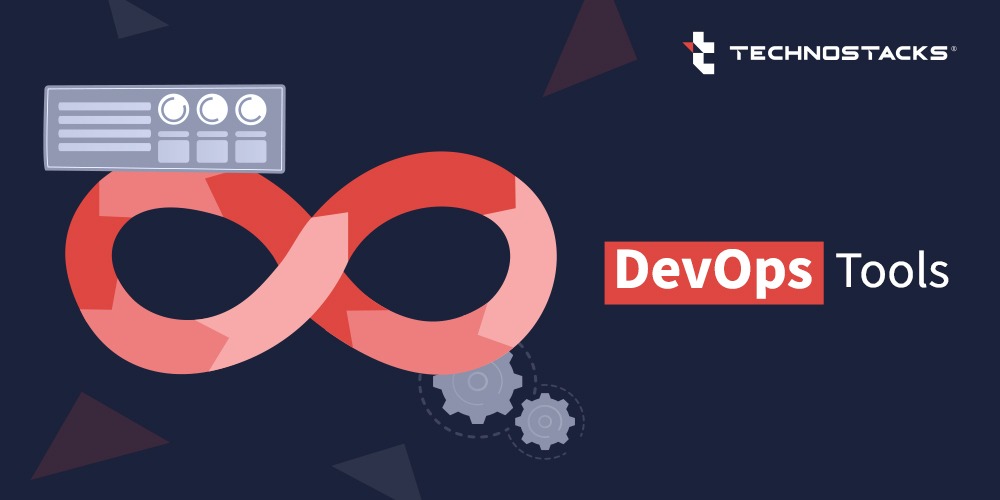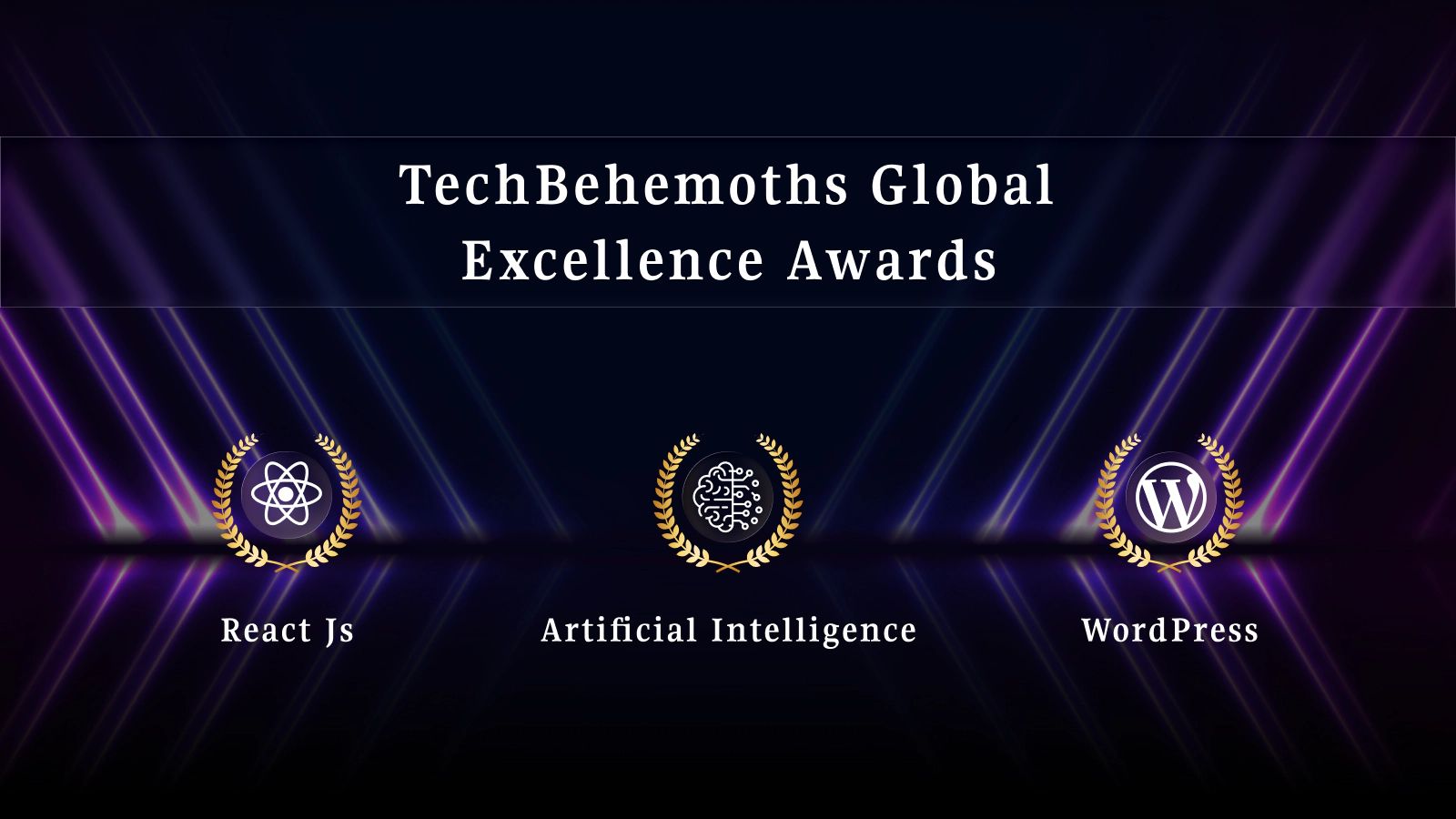18 Essential Tools For DevOps Adoption
The harmonious relation between the developers and operations unit is one of the best things in the future. In this regard, DevOps is well known for exponential e increasing the efficiency of the project while sticking to the project guidelines.
DevOps tools complying with the DevOps practices have been quite popular over a long time because of the speedy product management, communication, and collaboration between software development and operations.
DevOps market value is going to reach around $12.85 Billion by 2025.
Most of the software development processes like conflict management, deployment, dependency management, and other manual efforts are possible with the involvement of DevOps. So, let’s get initiated with the discussion regarding the top DevOps tools that are worth trying.
List of DevOps Tools that can provide the precise support
- Git (GitHub, GitLab, Bitbucket)Instead of just focusing on just one of the future source code control tools, namely GitLab, GitHub, or bitbucket, it’s worth getting an idea regarding the overall value of Git in the form of DevOps tools. According to many developers, Github is the best place for developers to share open-source projects while collaborating around shared repositories. October 2020 statistics suggest over 60 million new repositories in 2020 mention over 56 million total developers use GitHub.
Bitbucket and GitLab are purpose-built for the enterprise focused on helping engineers across the different deployment, release testing, and shipping code faster. Besides, the tool does it reliably. There is a basic difference between Git and the other version control systems in tracking the file systems recording changes made to the system at any time. Besides, it is beneficial for the crucial alignment between all development and IT teams. That said, it can work favorably for visibility into development pipelines and communication across engineering teams.
- JenkinsIt is one of the most leading DevOps tools and is well known for the open-source automation server. It helps in monitoring the execution of the jobs reliably. With it, you can get the extensible automation features while enabling the DevOps teams to integrate the project changes easily and get access to the outputs for the quick identification of the problems.
The remarkable part of this tool is that it comes as a self-contained database program ready to run out of the box with Mac and Windows. The continuous integration, as well as continuous delivery, makes it inseparable. It is easy to set up and helps with effortless configuration with the web interface. There are hundreds of plugins in the update center to make it stand out.
- DockerOne of the well-known container management DevOps tools is the lightweight tool aimed at simplifying and accelerating the various workflows in the SDLC that works with the integrated approach. The standalone executable package is inclusive of everything that you need for running an application. More than 12,000 companies use Docker for a range of features.
The primary features that you can get with it are the standardized packaging format for the diverse application. Developers use it to build testing and collaborate the container runtime running on the various Linux and Windows server operating systems. Besides, it gives a scope for exploring the millions of images from the community and verified Publishers, packaging executives, and managing. The distributed applications have also become an effortless task.
- PuppetOne of the top DevOps tools that use declarative language is quite similar to describing the asset’s state. There’s a limitation in how it doesn’t allow developers to intervene with how they can just go with the achievement of the desired results. There’s a constraint that can limit the customizability.
But the positive point is that it can help in offering more benefits to the attainment of Reliability. The limitations always force developers and IT teams to go with the designing of the ideal configuration. Though there may be constraints in reducing the amount of control you have, you’ll enjoy the simpler configuration with the protector liability.
- PrometheusOne of the topmost open-source DevOps tools and community-driven performance monitoring solution is supportive of container monitoring and the creation of the Alerts based on the time-series data. Besides, it comes inclusive of the solutions like scaling with the help of functional sharing and Federation. Numerous client libraries can work for easy service instrumentation. The powerful reporting and capabilities also make it stand out.
- SplunkOne of the topmost monitoring and exploring DevOps tools find use on SaaS and also on-premise. Several features make it favorable. The monitoring and the troubleshooting across the infrastructure, including the physical cloud, make it amazing. Splunk has been modernizing the applications for a better customer experience that is guided through accelerated innovation.
Over 15,000 customers in 110 countries use Splunk for productivity, profitability, competitiveness, and security. Besides, it works as the next-generation monitoring and analytics solution. Delivery of the central, unified view of IT services makes it even better. Splunk helps in detecting patterns, dynamically adapting thresholds, highlighting anomalies, and pinpointing areas of impact.
- ChefThe automation that it offers with the numerous features makes it stand out. Chef is one of the best DevOps tools that are well known for configuration management. Cookbooks allow infrastructure coding in the language specific to domains. The configuration as per code is possible. Besides, it finds integration with the platforms like Amazon AWS, MS Azure.
- OpenShiftOpenShift, is well-known as the open-source hybrid cloud application PaaS. The container platform that is a service for developers is increasing its popularity. It is supportive of multiple languages like Ruby, PHP, Java, Node.js, Python, thus making it ideal for easier development. 1.8 million applications running today are based on OpenShift Online.
OpenShift facilitates container orchestration, thus allowing swift deployment, precise scaling, better provisioning, and administration. The tool works the best for the enhancement of the DevOps process by streamlining and automating the container management process. Faster, professional, and reliable container orchestration makes the process improved considerably. The open-source platform, OpenShift, doesn’t depend on vendors.
- EmboldFixing out the bugs before deployment is essential for saving a lot of energy and time in the long run. And in this regard, Embold is the top quality DevOps tool that works as a software analytics platform for analyzing source code and uncovering the issues that are responsible for impact and robust stability, security, and maintainability with the plugins.
You can just pick up vulnerabilities as you are coding. Unique anti-pattern detection with Emboldensures the prevention of compounding. It finds easy integration with Github and Bitbucket, and other such plugins available for Eclipse. The deeper and faster check for the standard code editors for over ten languages makes it even better.
- AnsibleOne of the best quality configuration management tools, Ansible ensures the stability of the simple IT automation that ends repetitive tasks and also free up the teams for strategic work. It is focused on the two key use cases where configuration management is its first aim for the simplest solution.
Besides, the designing of the Ansible DevOps tool is also for secure and highly reliable functioning. The focus is on getting started quickly for the administrators, developers, and IT managers.
Again, orchestration is one of its many benefits. The library of modules and easy accessibility always makes it simple to orchestrate the different conductors in the different environments, all of which turn out to be simple language.
- RanorexIt is one of the good quality test automation tools that work in an All-in-One solution for all kinds of automated testing. With it comes cross-browser testing on the cross-device testing. The incredible range of features with Ranorex makes it stand out. You can get all the tools for the test automation coming in the form of a single license. It will help in testing on the real devices are the simulators and emulators. Besides, there will be simple integration with the issue tracking tools and more than that.
- SonatypeNexusSonatype Nexus is one of the best management DevOps tools to efficiently distribute the parts and containers to a developer. The Sonatype Nexus is favorable for acting as a single source of truth for all the components and binaries.
That said, it gives scope for organizing, storing, and distributing software components. Delivery of better, safer software or with software supply chain automation makes it even favorable. The features ensure universal support for the popular build tools. There is efficiency and flexibility for empowering the development teams.
- AccelQOne of the best codeless test automation DevOps tools is a very powerful codeless test automation tool that will allow the tester to freely develop the test logic without any concern regarding the programming syntax. It can help in following the fast design approach and also modularity and reusability in the development of the test assets effortlessly.
The support for the advanced interactions and the logic development capabilities also makes it favorable. Now handling the Iframes and also on the dynamic controls is easy.
- RaygunOne of the best DevOps tools, Raygun can give real insights into how users are experiencing the service. The DevOps engineer always favors this tool to provide detailed reports on everything to also check on the performance metrics like network latency, load speed, and more than that.
The user monitoring can expose both the client-side and server-side issues for the customers while helping the product teams advertise the engineering road maps for aligning with the real problems.
- VictorOpsVictorOps can notify engineers and on-call responders regarding the incidents in real-time. Besides, it can also build the actionable approach with the Alert context and remediation instructions whenever it comes to a single sphere. It can be said that DevOps and IP practitioners are collaborating during the procedures for the reduction of the issues.
Companies with employees ranging between 1000 and 5000 employees, 10M and 50M dollars revenue can use VictorOps.
The automated alert rules and regulations policies working with the on-call schedules can ensure lessening drop in the corporate and accurate notification being served to the people. Thus, it can help in bringing in more actionable alerts. If you are curious, you can also find out more about it with the start of the 14-day free trial.
- Patch ManagerPatch Manager is also specifically designed to address the software application’s vulnerabilities. Patch Manager always ensures compliance with the easy to analyze reports. Besides, it helps in the extension of the system Centre configuration manager and Systems.
Overall, you can get a user-friendly dashboard for the management of the application or ensure deployment of the security patches with no hassle at all. It can help in the automation of the packing process. The Patch Manager application also quickly determines devices that require patching immediately.
- PagerDutyPagerDuty always helps businesses enhance their brand reputation. The incident management solution supporting the continuous delivery strategy ensures allowing the DevOps teams to deliver the high-performing alerts as it can give real-time notifications. PagerDuty works with reliable and alerting facilities.
Besides, it works fabulously for detecting and resolving the incidents from the development through production. That said, PagerDuty ensures visibility into the critical systems and applications. Such possibilities are easier than ever before.
The event grouping, enrichment with the real-time collaboration system, and reporting make it even better. PagerDuty is supportive of the platform’s extensibility and allows scheduling and automated escalations. You can get the opportunity of full-stack visibility across the development and production environments. Besides, the event intelligence helps in bringing in actionable insights.
- TerraformTerraform, one of the credible DevOps tools ensures providing Infrastructure as Code (IAC) functionalities. Besides, terraform helps users speed up the process of creation, updating, and versioning AWS infrastructure. Terraform in DevOps applications derive efficiency from its extended set of features. Applicants can receive Terraform certification to take their profession to the next levels.
Friendly custom syntax, with JSON support, helps use Terraform as a DevOps tool. Better visibility into changes and the facility of a built-in graphing feature favor infrastructure visualization. AWS Terraform helps with the understanding of the resource relationships.
Users get the opportunity of breaking down a configuration into smaller components for driving efficiency in the organization, maintenance, and reusability. Regular addition of features and updates ensures giving better scopes for the users.
Key Takeaways
The above discussed DevOps tools work within the workplace to boost competence levels.
Choosing the best DevOps tools workspace should be based on personal preferences and experimentation with the listed tools listed above.
Learn about the tools, and then you can pick the one the most suitable for the work. As an AWS platform DevOps engineer, you should research the DevOps tools that will fit your needs.
If you have about which one is the best DevOps tool for your project? then you can choose us for quality DevOps consulting services. We will give you the best assistance as per your project requirements.









